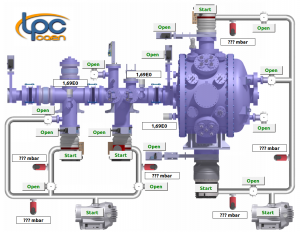TECHNICAL EXPERTISE
Experiment support
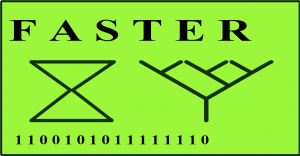
For a few years, a research and development action has been carried out within the laboratory’s technical services to develop a new digital data acquisition system, this project is called FASTER.
Indeed, the nuclear physics detectors developed in the laboratory are increasingly powerful and require an acquisition capable of exploiting these performances.
Today’s nuclear physics acquisition systems are limited in performance due to the technologies used (use of parallel bus, reconstruction of the event by the common dead time technique, realization of the load measurement functions, amplitude measurement and time measurement in analog).
The goal of FASTER is to develop a system of acquisition, control and command whose main constraints are the following:
- A fully configurable and extensible modular platform (module standard).
- The reprogramming at will and remotely of the FPGAs.
- The uplink and downlink communication at very high speed.
- The synchronization of the whole system by a clock distribution.
- The possibility of system extension.
- An electronic infrastructure based on industrial standards.
- Digital signal processing.
- Multiple decision levels (local, regional, global trigger).
- A wide variety of decision modes (selections, filtering, feedback, on-line processing).
- System introspection.
- An n-ary tree topology.
- No a priori on experience.
For the development of this system, we use the electronics skills of the instrumentation department for the design and development of FPGA-based electronic boards. The development of the program of these FPGAs in VHDL and the development of real-time algorithms are carried out by the department. The software part of this project is carried out by the IT group using the ADA and Python languages.
The great modularity of the system, the performances and the use of the microTCA standard allow the FASTER project to respond quickly to the different requirements of users in several countries:
Belgium: University of Leuven,
France: University of Paris-Sud, CIMAP, LPC-Caen, IPHC, CEA,
Spain: University of Granada,
Switzerland: PSI, CERN (Isolde),
USA: CENPA, Argonne, MSU.
In conclusion, the FASTER system provides researchers with a powerful, easy-to-use tool that allows them to access new information on physics phenomena.
[Instrumentation department].
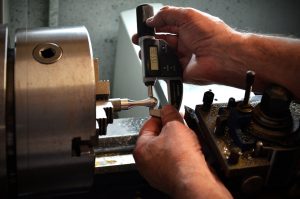
The mechanical workshop ensures the realization and the development of the designed devices as well as their assembly on experimental sites. Our means allow us to realize general mechanics and boiler making assemblies as well as the polishing and cleaning of parts.
Within the “Mechanical Design Office” department, the manufacturing workshop (3 people) is equipped with conventional and numerically controlled manufacturing means as well as CAD/CAM software (Mastercam). The workshop produces almost all parts and assemblies designed within the limits of our machines’ capacities.
[Mechanical design office]
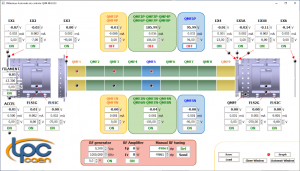
This cluster develops complete control and command systems, as well as the associated human-machine interfaces, for the experimental devices used in the laboratory. These devices can be, for example, vacuum pumps, gauges, valves, mass flow controllers, thrusters, low and high voltage power supplies, function generators, motors, radio frequency amplifiers, counting scales, etc.
For these developments, the department masters Client/Server and EPICS architectures, several programming languages (Python, C) and several communication protocols (SCPI, Modbus TCP, Profibus, CAN…). It uses programmable logic controllers (Siemens, Crouzet, Schneider…) and specific software for their programming (LabView, LabWindows CVI, Millénium 3, Tia Portal, EcoStruxure Control Expert).
[Instrumentation department]
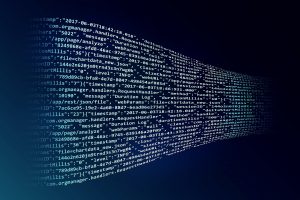
This cluster develops software applications used for data acquisition and analysis in experimental contexts. These engineers work in close collaboration with researchers and electronics engineers from the Instrumentation and Microelectronics departments.
By managing all or part of software projects, they are involved in all stages of the software life cycle:
- analysis, design, production and testing of software developed for :
configure embedded hardware and electronic boards, - test specialized digital components (FPGA and ASIC),
configure and control them via specific GUIs, - acquire and visualize experimental data in real time,
- management and deployment of the software products (libraries, executables, scripts),
- management of a software source repository (apt) for Linux Ubuntu hosted locally,
- Management and implementation of version management and project management systems,
- writing documentation and user manuals,
- the installation and configuration of computer systems and equipment used in an experimental context,
- support to users on site to prepare and conduct the experiments.
[Computer systems & networks]
TEAMS
Administration
& general services
Electronics
& microélectronics
IT
& Software eng.
Instrumentation
& expérimentation
Mechanics
studies and realizations
